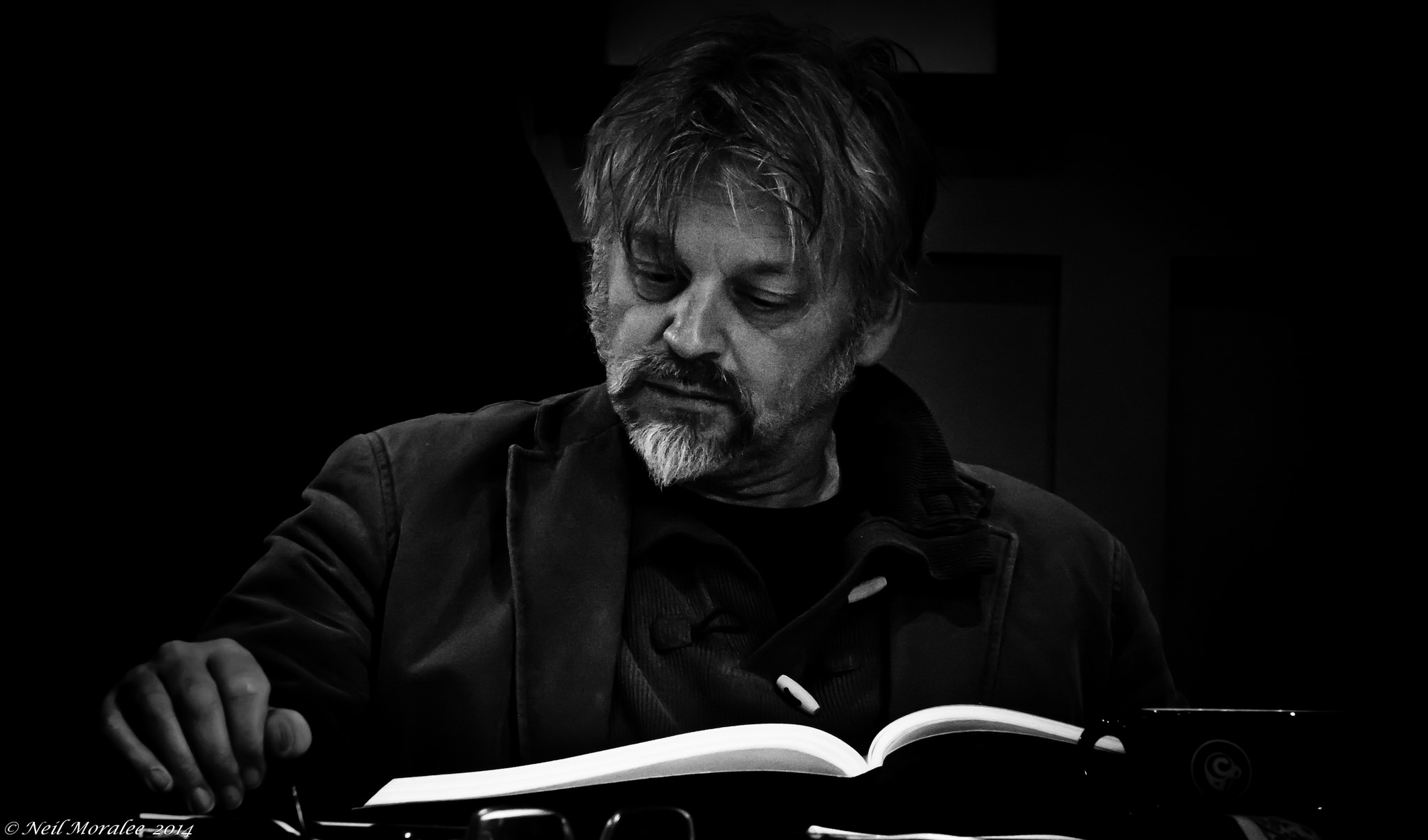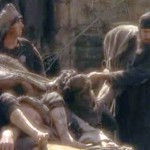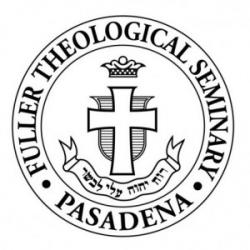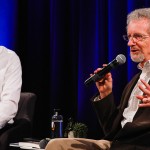By Reed Metcalf
This is the second entry of a series of weekly reflections on the works of Walter Brueggemann on the Fuller Blog.
“Theology” is a term that, in the world we live in, is not part of ordinary vocabulary for most. It might be easy enough to understand other “ology” words and what they refer to—biology, geology, even anthropology—but even those who understand the word to mean “speech of God” often don’t know what that entails.
Fair enough. Even we theologians disagree on “theology.”
This is mainly because talking about God and figuring him out is not easy. We finite humans will never actually figure out the infinite God, but that doesn’t mean we should stop trying. Roughly put, theology is the academic discipline of trying to sort out who God is and how we best interact with him.
All that is a bit of an intro to Walter Brueggemann’s Theology of the Old Testament, a massive tome of 750 pages. It stands in the tradition of looking at what evidence we have of God and trying to form some coherent ideas about that Divine Being; Old Testament theology tries to do this from the starting point of the Hebrew Scriptures. When taken as a whole, what does the Old Testament say about the God of our faith? How should we relate to him? How did our spiritual ancestors relate to him?
Now, this is a very simplified version of the “what” of an Old Testament theology. In fact, most works of this kind have a rather long introduction or preface that lays out the whats, hows, and whos of biblical theology, and where the author of the book agrees and disagrees with all those whats, hows, and whos. Brueggemann’s book is no different; he spends 114 pages telling us how he does his work and why, based on the scholarship of previous attempts at an Old Testament theology.
To be honest, these sections of these books can be a tremendous bore. They are dense, dry, and tend to be a pain to get through. So why read them?
The fact of the matter is that when we don’t consider how we do what we do, we end up with poor results. Being uncritical about our worldviews, what we presuppose about the Bible, or even what we think about truth leaves us with some funny conclusions, and ones that don’t always correspond with the text itself. It is easy to point out that we need some sort of historical understanding to fully grasp a text from 2000 years ago, but do we consider whether or not the way we do history is the right way? Many scholars and theologians now consider how we have done history for a while is deeply flawed; we have treated history like a science when it more closely resembles a type of rhetoric, storytelling, or testimony. Doing history as science gets weird results, whether the text is Plutarch’s or Luke’s. We have to consider these questions to make sure we are not trying to shove the biblical texts into categories they don’t belong in, getting results that are skewed in the end. This means a lot of talk about the whats, hows, and whos that have come before us, to see where things went well and not-so-well.

Boring? Sometimes. Easy? Never. Necessary? Absolutely.
This is sort of the set-up that we put in front of theological works nowadays. We say where we land in the scholarly world and why we think that way. We lay our cards on the table so that everyone understands where we are coming from. It’s also a way of admitting that we don’t have all the answers but keep looking for them. This is talking about an infinite God, after all.
This thinking and debating about how to read and interpret also helps us better wrestle with the Bible. Brueggemann is a Christian (as a side note: not all biblical scholars are, especially at state universities) who celebrates that we now see how many ways of reading there are: it helps us resist the temptation to shrink God to fit our own vision. Yes, there is a tension between the different approaches, much in the same way that there is a tension between Proverbs and Job, which seem to suggest different views of God; the same happens with Exodus and Ezekiel, leaving us with two different views of God interacting with Israel. That tension is good, says Bureggemann. Our job is not to let Exodus beat out Ezekiel, or Jeremiah trump Isaiah, but instead to wrestle with the Bible and see that God is always bigger than we think he is. We let the many voices in both the Bible and the community of God contribute to the conversation to see that the diamond has yet another facet.
The result? Hopefully an understanding that the Bible shows us not a god that we control, but the God who stands both against us and for us, whose righteousness is too much for us and yet covers our iniquities for us. Reflecting on the how helps make sure that we end up with a what that reflects the reality the Bible speaks about.
This is where Brueggemann stands and challenges us to stand: in the tension. The Bible has too many voices to reduce it to a single verse or theme, as tempting as that is. Standing between the voices that seem to challenge each other, he says, is biblical theology’s job: “to counter the reductionism and to bear resilient witness to [the difficult passages of Scripture] and their interpretations that do not ‘fit’” (107). We read with our Christian cards on the table, hoping to let the Old Testament address us on its terms instead of ours, not trying to force it to reduce to a single point, person, or theme, but instead listening to the many voices it offers, expecting in the midst of the cacophony to hear the still small voice of an untamable and irreducible God.
Next week we delve into Parts I and II of Brueggemann’s Theology of the Old Testament. Register here for the Fuller Forum featuring Walter Brueggemann.
Reed Metcalf works as a Media Relations and Communications Specialist at Fuller Theological Seminary. He writes for and curates the Fuller Blog and contributes regularly to FULLER magazine. He graduated with his MDiv from Fuller in 2014 and is an ordination candidate in the Free Methodist church. When not neck deep in biblical languages, theology, and writing, Reed is often surfing, skating, or hiking with his wife Monica. Follow him on Twitter at @reedmetcalf.
Follow Fuller Seminary on Twitter at @fullerseminary.











